Not Everyone Wants a White Dress or a Crib
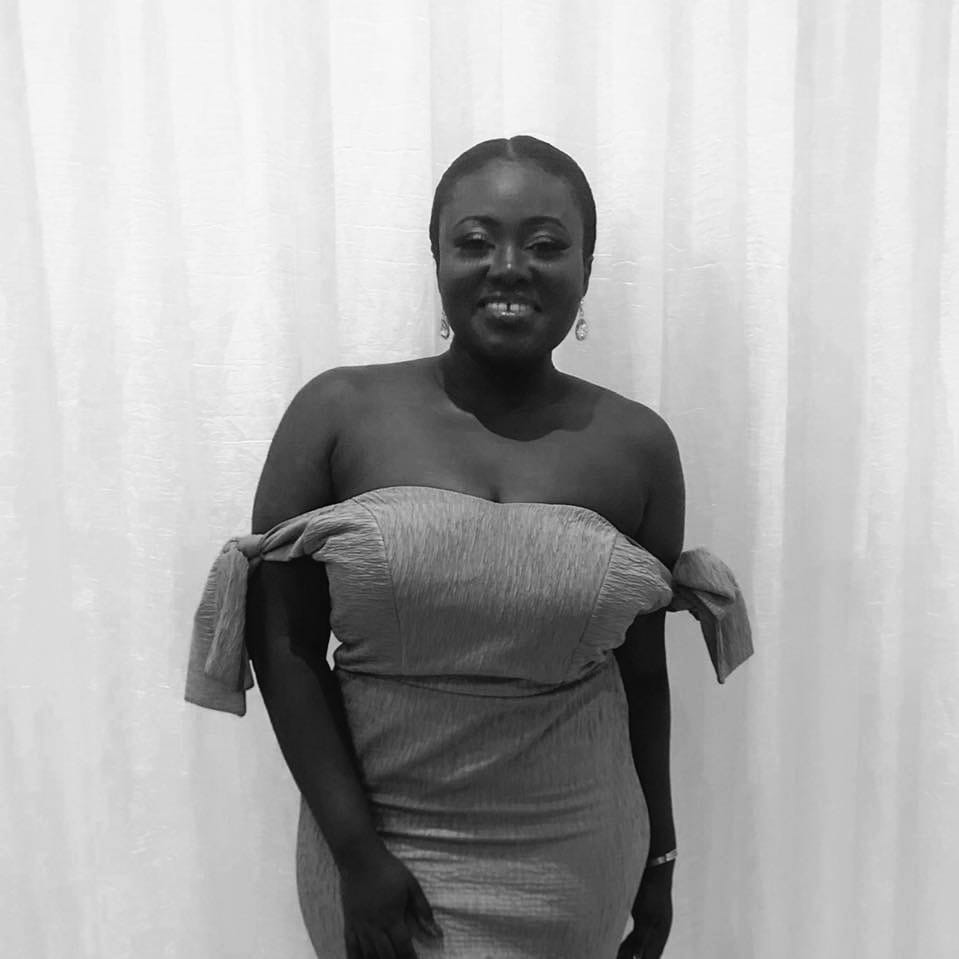
From as far back as I can remember, I have always known that I didn’t want to have children or get married. Not that the two must go hand in hand, but in the traditional order of life events, that’s what is often expected. My friends—both male and female—have always known this about me. At first, they thought it was a passing phase, something I would “grow out of” with time. But it wasn’t. For them, my declaration seemed outrageous and ridiculous. For me, it was simply the truth.
Of course, I had my reasons and I was never shy about sharing them. But even with my clarity, the refrain was always the same: “There is no way your mum will support this.” They were right, in a sense. Having met my mother, they knew that a narrative like mine wouldn’t sit well with her. And years later, I can confirm—it still doesn’t.
One memory from high school often comes back to me whenever I think about how early I knew these things about myself. I was sitting with a close friend, who is now married with a son-super cute family by the way and we were talking about weddings. She mentioned how she never wanted her wedding gown to be white—she preferred cream or off-white instead (and it’s exactly what she did for her wedding gown). At the time, I realized I had never even thought about my own wedding gown, or a wedding at all. And what struck me was that it didn’t bother me in the slightest. That silence in my imagination felt natural. Where others dreamed of aisle walks and color themes, I simply had no picture—and I was perfectly at peace with that. Looking back, it was one of the earliest affirmations that my life would not follow the usual script.
Now, in my thirties, I still hold on to that choice. What has fascinated me recently is how more and more women my age are also vocal about choosing not to have children. And it’s not about rebellion. It’s not about selfishness. It’s not even about seeing children as a burden. At its core, it’s about choice—the same theme I wrote about in a previous article, “Full Potential Doesn’t Mean Full Plate.” In it, I highlighted the importance of how our choices—big or small—shape the fullness of our lives as women.
For me, choosing to remain child-free is not without resistance. Every phone call with my mother, every casual chat with her sisters, inevitably circles back to that conversation. At this point, I expect it, and I’ve stopped trying to explain myself. My decision doesn’t need to be translated into a language they understand. It is enough that it makes sense to me.
Will I feel the same way in five years? I honestly don’t know. And that’s okay. What I do know is that today, in this moment, I am happy with my decision. I am comfortable with it. And that comfort is not something I’m willing to trade for any type of approval.
The other day, I was talking with my friend Siobhan about egg freezing, and her response was both comical and thought-provoking: “Why don’t you just have a child now?” We laughed, because for me, that suggestion felt so far removed from my reality. But that exchange reminded me of something crucial—life is not a straight line. Choices evolve. People evolve. And when they do, it’s okay to embrace change.
At the heart of it all, here is what I believe: you only get one life, and it’s yours. That means doing the things that make you happy—not just for the plot, not for validation, not for tradition. Whether you choose children, marriage, career, travel, or none of the above, what matters is that your decision feels right for you. Today, my happiness comes from standing firmly in my choice. Tomorrow, it might look different. And if it does, I’ll embrace that too. Because the beauty of life is not in fitting neatly into expectations, but in living authentically—on your own terms.
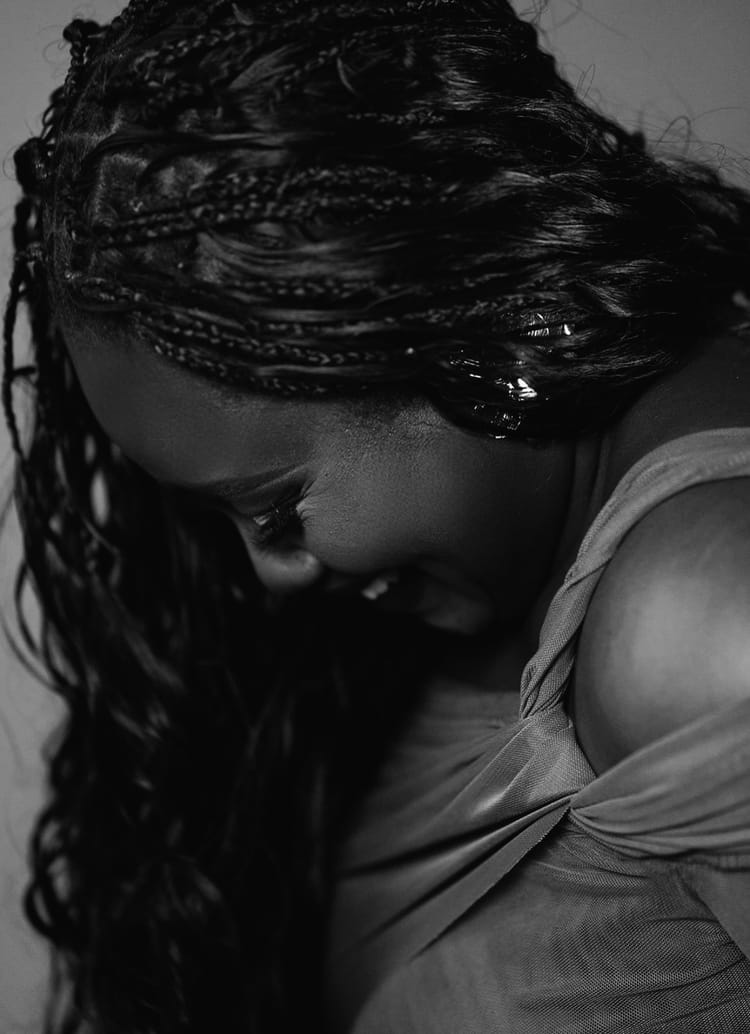
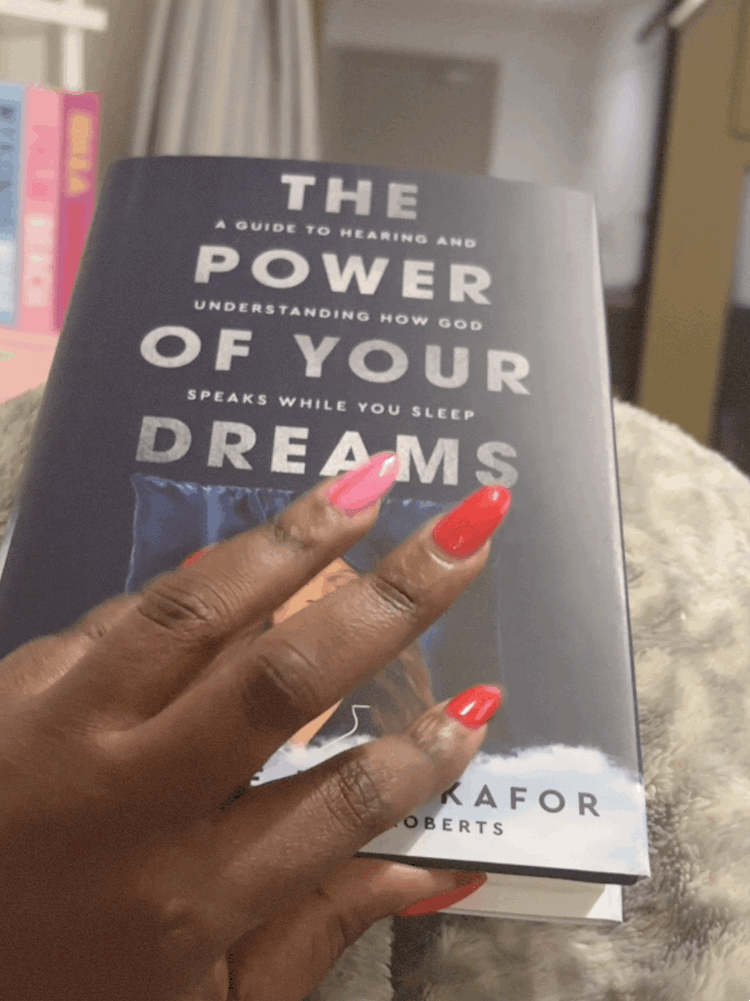
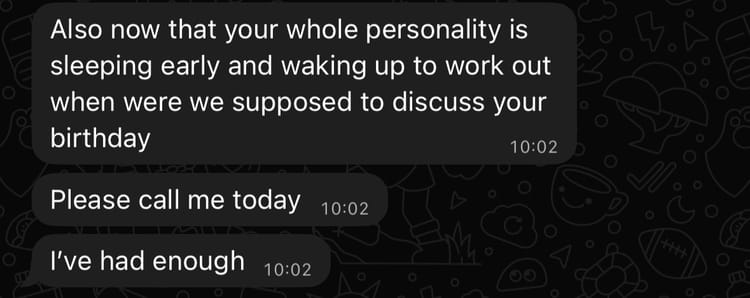
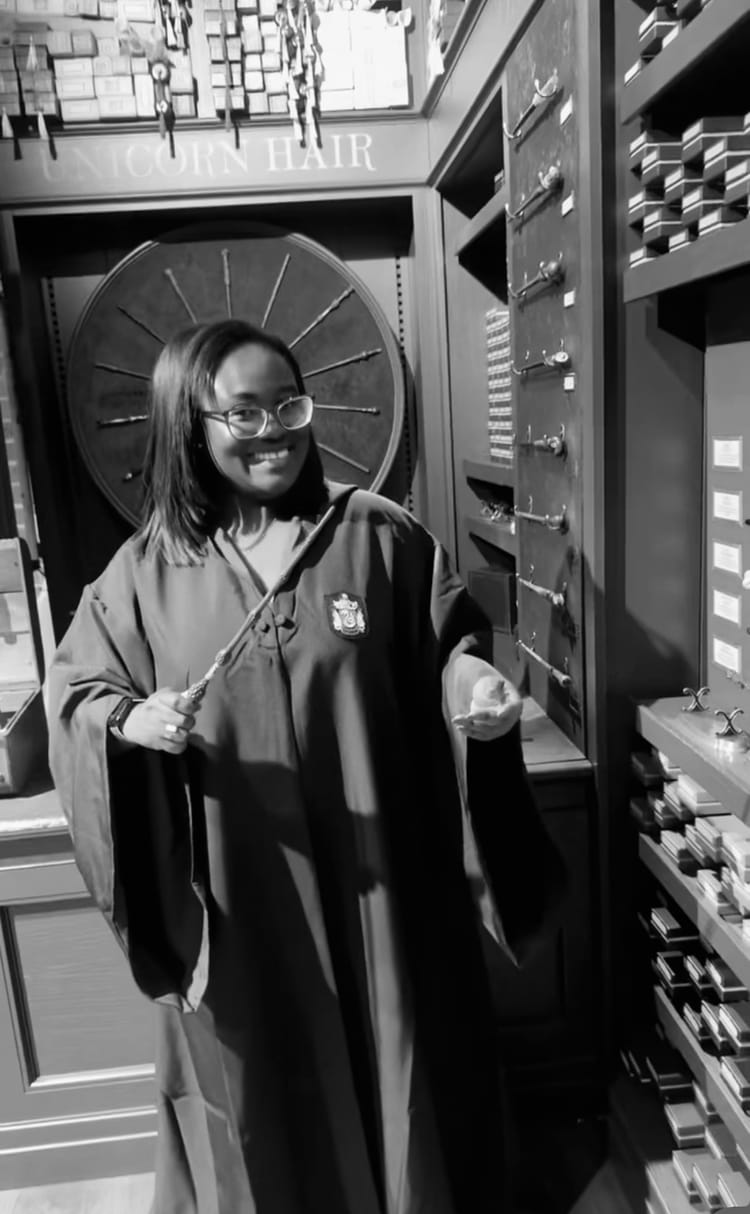
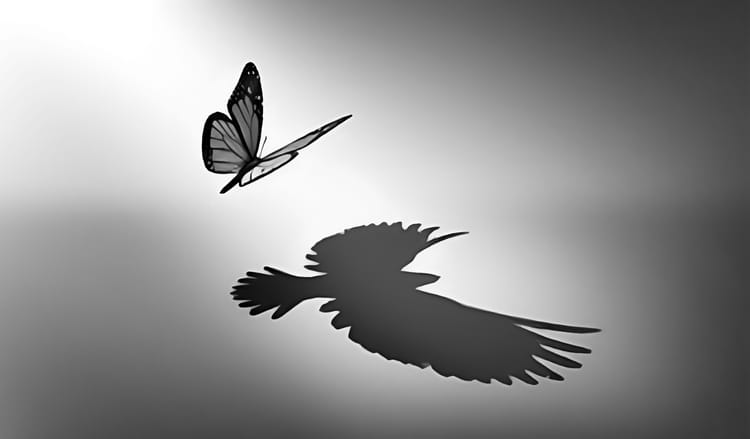
Member discussion